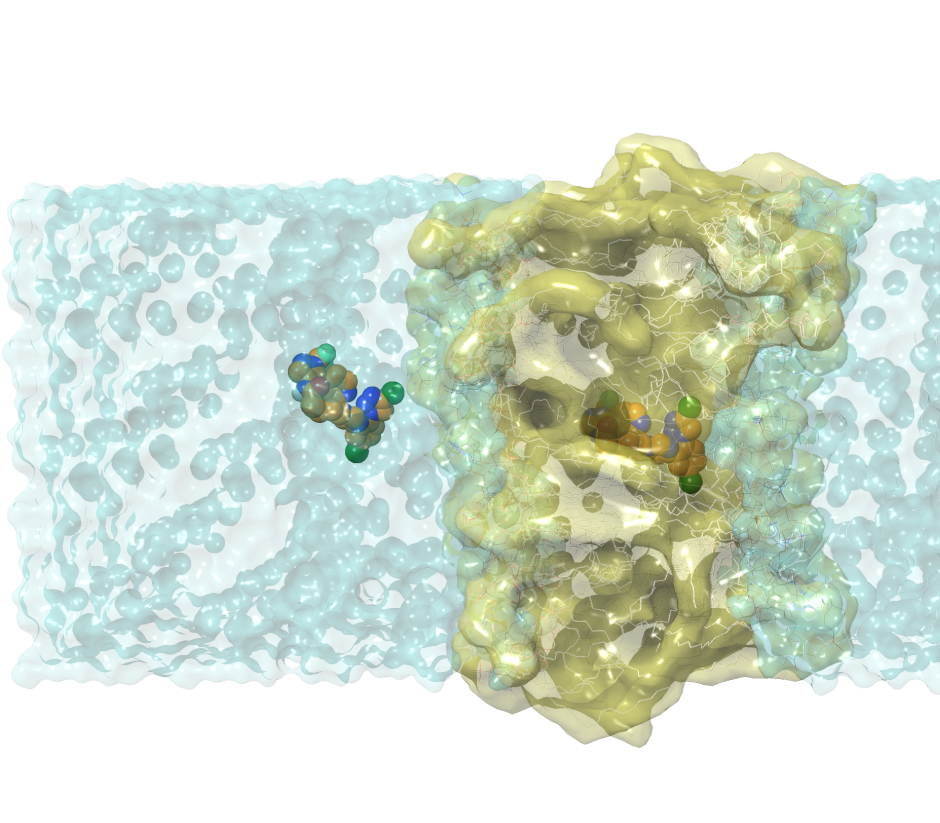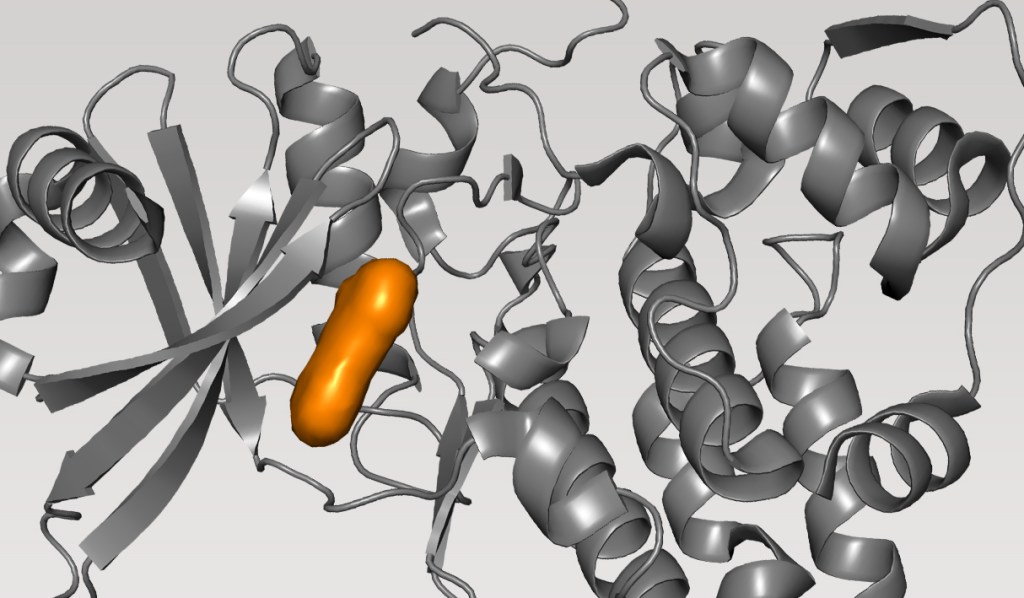Membrane Permeability
Physics-based solution for rapid and accurate prediction of passive membrane permeability

Physics-based solution for rapid and accurate prediction of passive membrane permeability

Membrane Permeability is a robust solution to accurately predict passive membrane permeability of small molecules across diverse chemistries. By considering conformation dependent phenomena such as internal hydrogen-bonding, which can have a dramatic effect on permeability, it offers tremendous advantages over QSAR and machine learning-based approaches.

See how Membrane Permeability enabled the Schrödinger team to prioritize designs in the discovery of a novel, potent CDC7 inhibitor development candidate with high ligand efficiency and optimized properties
read the case study
Learn more about the related computational technologies available to progress your research projects.
Browse the list of peer-reviewed publications using Schrödinger technology in related application areas.
Level up your skill set with hands-on, online molecular modeling courses. These self-paced courses cover a range of scientific topics and include access to Schrödinger software and support.
Learn how to deploy the technology and best practices of Schrödinger software for your project success. Find training resources, tutorials, quick start guides, videos, and more.